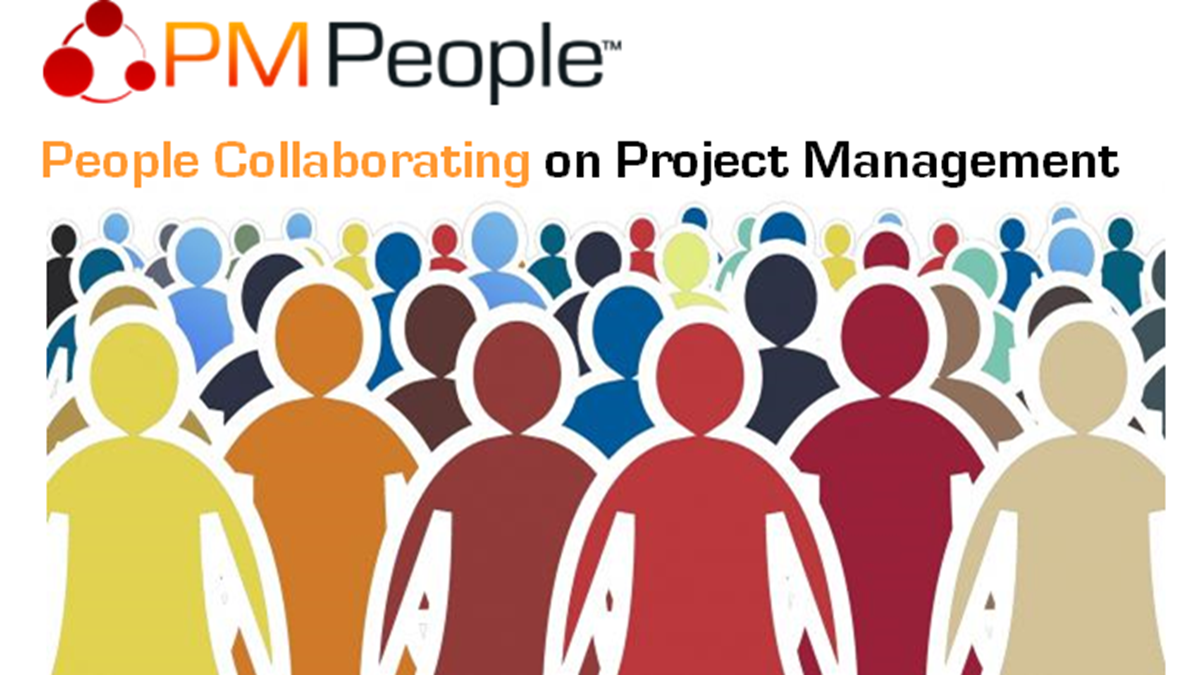The different roles involved in professional project management can be divided into two groups:
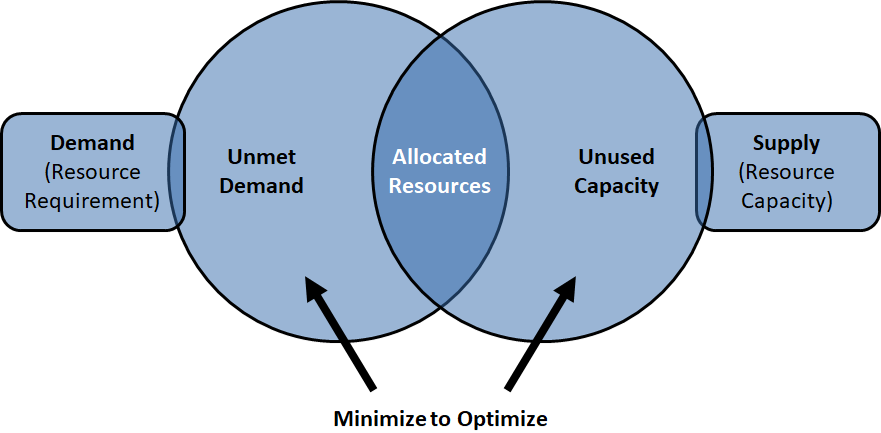
- Demand Management : People who propose projects and are interested in their monitoring.
- Supply Management : The people who use material and human resources to execute projects.
This distinction, taken from the business supply chain , is useful for understanding how different actors collaborate throughout the project life cycle.
Firstly, all those involved have the common objective of optimizing available resources, assigning them to the most priority projects.
Secondly, the different roles in project management, even if they are positioned in demand management or supply management, must collaborate throughout the life cycle.

Between demand management and operations management is project management . Projects can be divided into sequential phases, and in each phase a series of processes can be followed from inception to closure. In predictive projects (the requirements are clear to a high degree from the beginning), a lot of importance is given to planning. In adaptive, or agile, projects , detailed requirements are gradually deduced, continually collaborating with certain stakeholders.
We can consider 11 different roles when collaborating in professional project management:
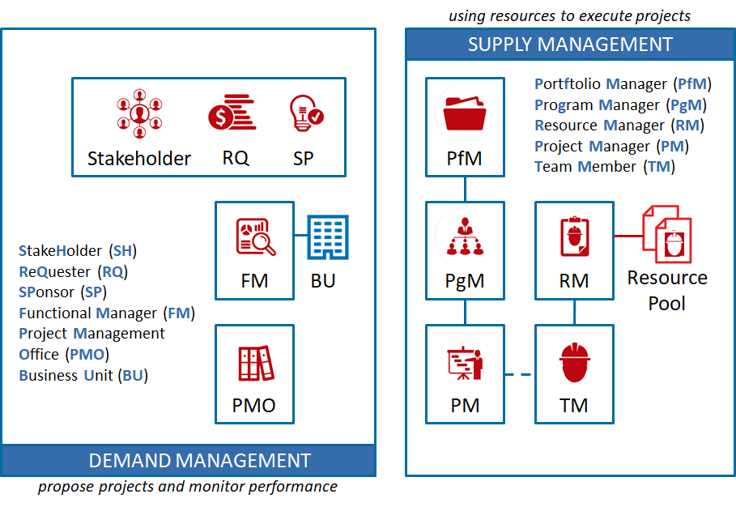
Demand Manager Roles
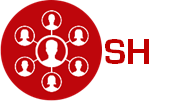
Stakeholder (SH-) : The project’s stakeholders (Stakeholders) are the people who can affect, be affected or perceive themselves as affected by a decision, activity or result of the project. Stakeholders position themselves on the demand management side because they need to monitor performance, to ensure that their expectations are met.
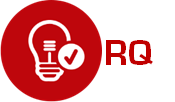
Requester (Requester -RQ-) : Project requesters (Requesters) are the people who request new projects within the executing organization. They work to achieve approval, monitor progress and collaborate for their successful completion. Applicants position themselves on the demand management side because they need to monitor performance to ensure business objectives are achieved.

Sponsor (SP-) : Project sponsors (Sponsors) are the people who provide resources and support for the project and who are responsible for facilitating its success. Sponsors position themselves on the demand management side because they need to monitor project performance to guide strategic decisions.

Functional Manager (FM-) : Functional Managers are the people with management authority over the Business Units (BU). Every project belongs to a BU (if several BUs participate in a project, the project belongs to the main one). Functional managers are positioned on the demand management side because they need to primarily oversee the financial performance of the project.
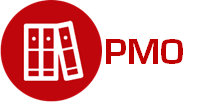
Project Management Office (PMO) : The members of the Project Management Office (PMO) are the people who standardize project governance processes and facilitate the exchange of resources, methodologies, techniques and tools. The PMO role is positioned on the demand management side because it needs to initiate projects and subsequently monitor performance. The PMO role can view all projects and resources in the organization. You have access to all management functionalities, and also some specific ones.
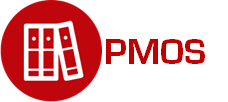
Project Manager Assistant (PMO Supportive -PMOS-) : The project manager assistants (PMOS) are the people who help the project managers in the exercise of their daily functions, mainly those related to the recording of information, preparation of reports and documents. The PMOS role is positioned on the demand management side because, for the purposes of the PPM tool, they can perform the same operations as the PMO role, but only on the projects they assist.
Supply Manager Roles
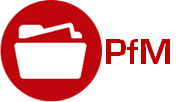
Portfolio Manager (PfM-) : Portfolio Managers are the people assigned by the executing organization to authorize, balance, monitor and control the components of the portfolios. A portfolio is a group of projects, programs and operations, managed as a group (often to evolve a solution ) to achieve strategic objectives. Portfolio managers are positioned on the supply management side because they are responsible for executing strategic plans and accountable for achieving strategic objectives.
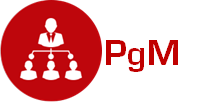
Program Manager (PgM-) : Program Managers are the people assigned by the executing organization to direct the team or teams responsible for achieving the objectives of the program. A program is a group of related projects (often to evolve a product ), whose management is carried out in a coordinated manner to obtain benefits that would not be obtained if they were managed individually. Program managers are positioned on the supply management side because they are responsible for delivering benefits throughout the entire life cycle of the program or product.
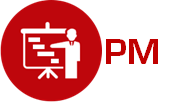
Project Manager (PM) : Project managers are the people appointed by the executing organization to lead the teams, being responsible for achieving the objectives of the projects. A project is a temporary effort undertaken to create a unique product, service, or result. Projects can be managed individually, although they can also be grouped into programs or portfolios. A project belongs to a Business Unit (if several BUs participate in the same project, it belongs to the main one). Project managers are positioned on the supply management side because they are responsible for ensuring that projects are completed meeting the project management objectives: time, cost, financing, scope, quality, satisfaction of expectations, delivery of value, etc.

Resource Manager (RM-) : Resource Managers are the people with management authority over a resource center ( resource pool ), responsible for managing the Team Members within the pool. Resource managers are positioned on the supply management side, carrying out recruitment tasks, career management, training, incentive policies, sick leave management, absences, etc.

Team Member (TM-) : Team Members are the people who help the project manager, carrying out the work necessary to achieve the project objectives. Team members are positioned on the supply management side because they properly carry out the work on the projects.
PMPeople was designed to unify the professional management of organizations’ projects, highlighting the following points:
- Designed by and for professional project managers, following professional project management standards .
- Online productivity (fewer meetings, fewer documents, fewer flows) through collaboration distributed among 12 specialized roles : Organization Owner; 6 roles for demand management and 5 roles for supply management.
- Freemium application (free use for unlimited time, pay per use, only managers pay) with equivalent usability via web and mobile application .
Start using PMPeople for free , no time limit, no user limit. In premium organizations only managers pay 20 euros per month . Some roles (stakeholders, team members, sponsors and resource managers) are always free . You can add or reduce premium users according to the real needs of your organization. You’ll always have access to our interactive support via Slack. Our servers are located within the EU. If you prefer, the software can be hosted at your facilities.
Jose Barato
Related posts
Categories
- Ayuda (26)
- Cursos (8)
- Dirección De Proyectos (71)
- Dueño De La Organización (OO) (3)
- Economía de Proyectos (55)
- Herramientas (19)
- Marcos de Gestión (21)
- Negocio (18)
- Financiación (5)
- Informes (4)
- Personas (24)
- Asignaciones (2)
- Equipo de Proyecto (4)
- Registro de Horas y Gastos (2)
- Retroalimentación (2)
- Preguntas Frecuentes (6)
- Procesos (9)
- Cierre (2)
- Ejecución y Control (2)
- Planificación (1)
- Roles Gestores de la Demanda (14)
- Roles Gestores del Suministro (5)



